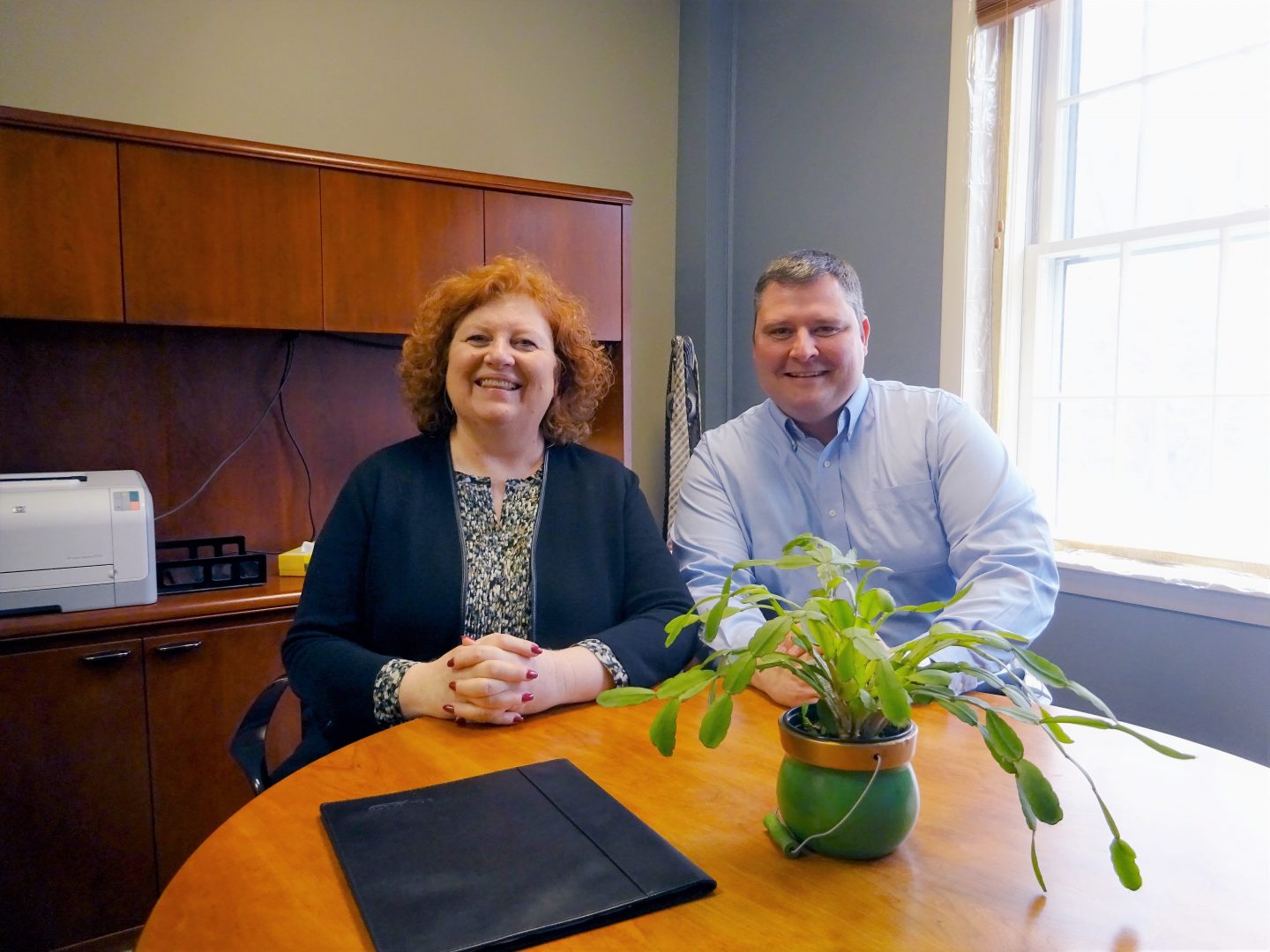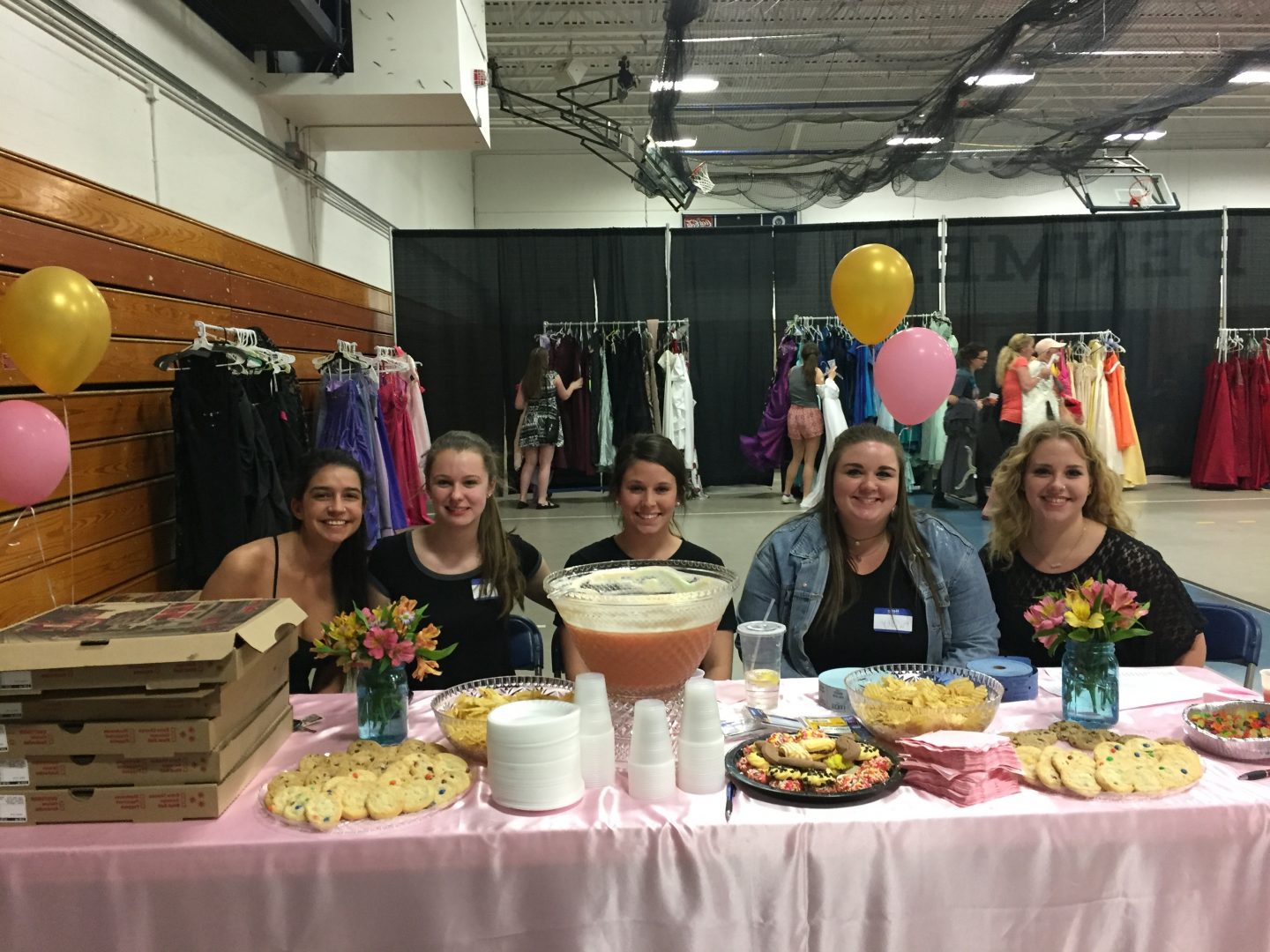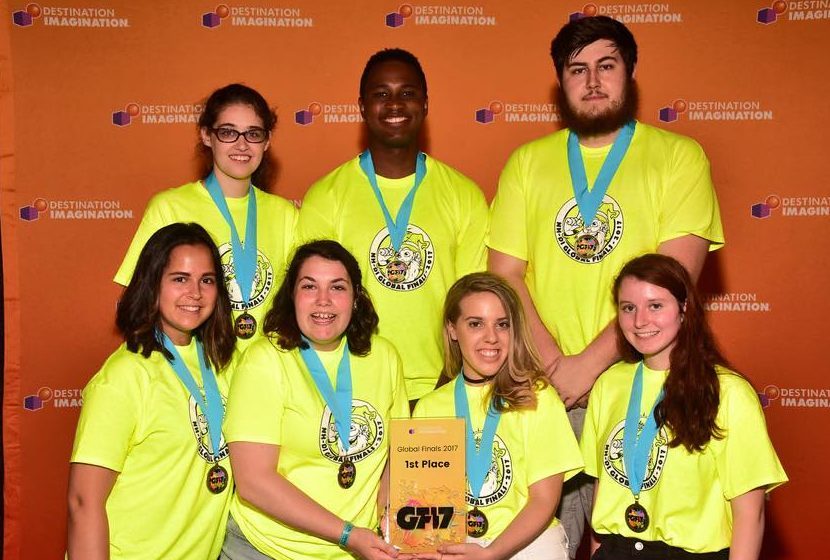On the night of August 11, several hundred torch-wielding white nationalists gathered on the University of Virginia campus at Charlottesville to protest the removal of a statue of Confederate general, Robert E. Lee. These acts were met with counter-protesters, and a state of emergency was declared by Virginia governor, Terry McAufliffe, on August 12. The violence at Charlottesville intensified following a vehicle driving into the crowd, killing one (Heather D. Heyer), and injuring at least 26, according to the Associated Press.
Following these attacks, discussion has been prominent regarding the “alt-right” and the rise and attention being given to extremist groups committing acts of domestic terror under the ideologies of white supremacy and nationalism, the KKK, and the Nazi party.
Following the events, statements were made by organizations and individuals on SNHU’s campus, denouncing the violent acts of the alt-right and stating a firm intolerance for this form of hatred: “The events that happened today in #Charlottesville are nothing short of disgusting and disappointing. Racism has no place in America, and we as a country must condemn this hatred” (College Republicans, August 12); “ We commit to being vocal and active against injustice on our campus regardless of the discomfort of our peers and mentors when addressing these problems head-on” (Generation Equality and Multicultural Student Union, August 15); “[We] reaffirm SNHU’s commitment to ensuring a safe and welcoming living-learning environment for every member of our community” (LeBlanc, August 16).
As the start of term approaches, student leaders are feeling the responsibility that they have to their campus and fellow students to denounce acts of hatred while supporting their fellow students. Dee Dube, president of SNHU’s LGBTQ+ advocacy group Generation Equality, spoke about her club’s public statement, posted to their social media.
“What led me to speak out was the forced silence of the people around me who should be able to speak out against hatred but are not allowed to because of policy,” Dube said. “I believe it is the role of the student leader to speak up when no one else will… Our superiors and our department heads can’t always be the ones we go to to hear what we need to hear. If we know something is wrong, we are the ones who have to say that it’s wrong.”
Student leaders of multiple prominent student organizations are speaking out about the importance of student leadership at SNHU. President of Student Government Association (SGA) Ashlee Lindsey said, “The role of student leadership is to bring out the unity and uniqueness in everyone. People should feel empowered to be who they want to be, believe in what they want to believe, and live the way they want to live.”
Jess Camera, Coordinators of Activities and Programming Events (CAPE) president, echoed this statement, stating that student leaders must “reassur[e] students that this is an open environment to learn and feel safe… We should all be here to support one another.”
This action on the part of SNHU’s leaders and organizations will aim to create environments safe for students in marginalized communities that may feel targeted by the acts of violence in the media. In addition to creating an environment that is safe for these students and is accepting of their identities, these student leaders have also stated their stance of intolerance for violence, supremacy, and hateful views on the part of their peers.
As identified in the Southern Poverty Law Center’s (SPLC) guide on the alt-right, “ The Alt-Right on Campus: What Students Need to Know,” college campuses are “clearly on the frontline of the alt-right’s battle against multiculturalism. They are targeted for a simple reason: They embrace diversity, tolerance and social justice.” The SPLC highlights recruitment tactics as well as the role of student leaders on campus.
Dan Passen, chairman of the College Republicans, recognizes this unique responsibility, especially for himself heading a politically-aligned and partisan organization on campus. Passen denounced the actions of the alt-right, while clarifying the stance of his organization in the wake of the events at Charlottesville: “[We] want to make it very clear that, students that may be espousing views similar to the alt-right will not be tolerated [in the College Republicans] because that’s not Republican, that’s not Republican at all… This is not a conservative group doing these things, they’re called alt-right for a reason, because it is the alternative to the right, meaning they are not right. These are Nazis, these are evil people, they do not represent the Republican party, they do not represent conservative values… There’s a Nazi party for a reason and we’re not the Nazi party, we’re the Republican Party.”
The underlying theme in the words of these student leaders was awareness, action and advocacy. Each spoke about their goals for the upcoming year and how to best move forward.
Samantha Chery, president of Multicultural Student Union (MSU) spoke to the direct path she believed was necessary to ensure SNHU support its students: “First, I want to bring attention as to what inclusion should really mean on this campus… It is the job of leaders on this campus to call attention to the differences of all the students in a truthful yet respectful way. Using statements like I don’t SEE (enter identity) takes so much power away from such person. I feel like a lot of students of color especially feel powerless on this campus and are okay with it, because we are used to it…. I think both the reason and the goal are love and acceptance.”
Elle Tibbets, Center for Community Engaged Learning (CCEL) Coordinator summed up what she believed SNHU student leaders must do and inspire in the SNHU community. “As leaders on campus we should be facilitating conversations to create understanding, supporting those who feel out of options, and uniting a community stronger than the sum of its parts. We are building the future, and as leaders we should be fighting for unity in order to build a country worth fighting for.”




